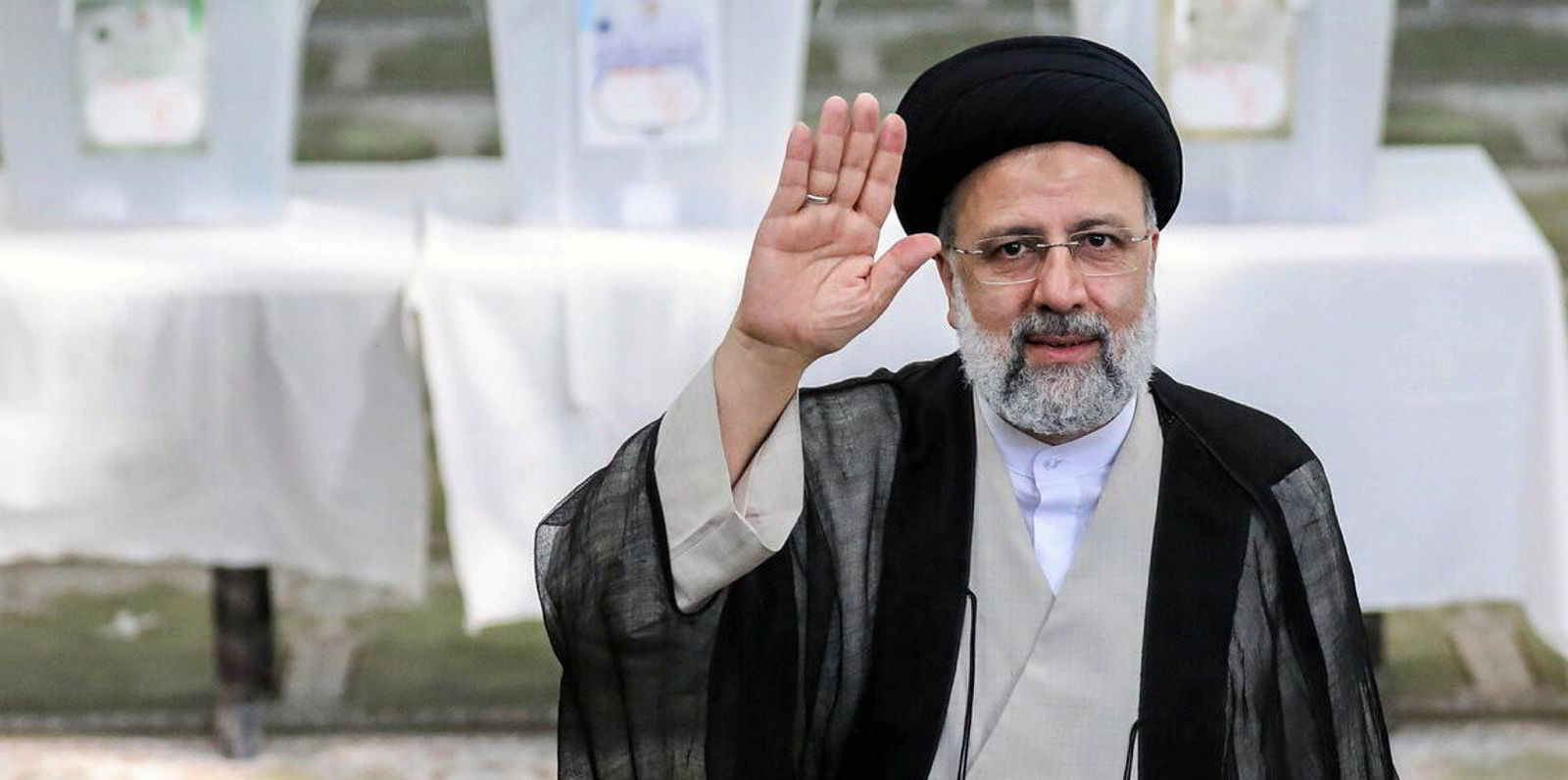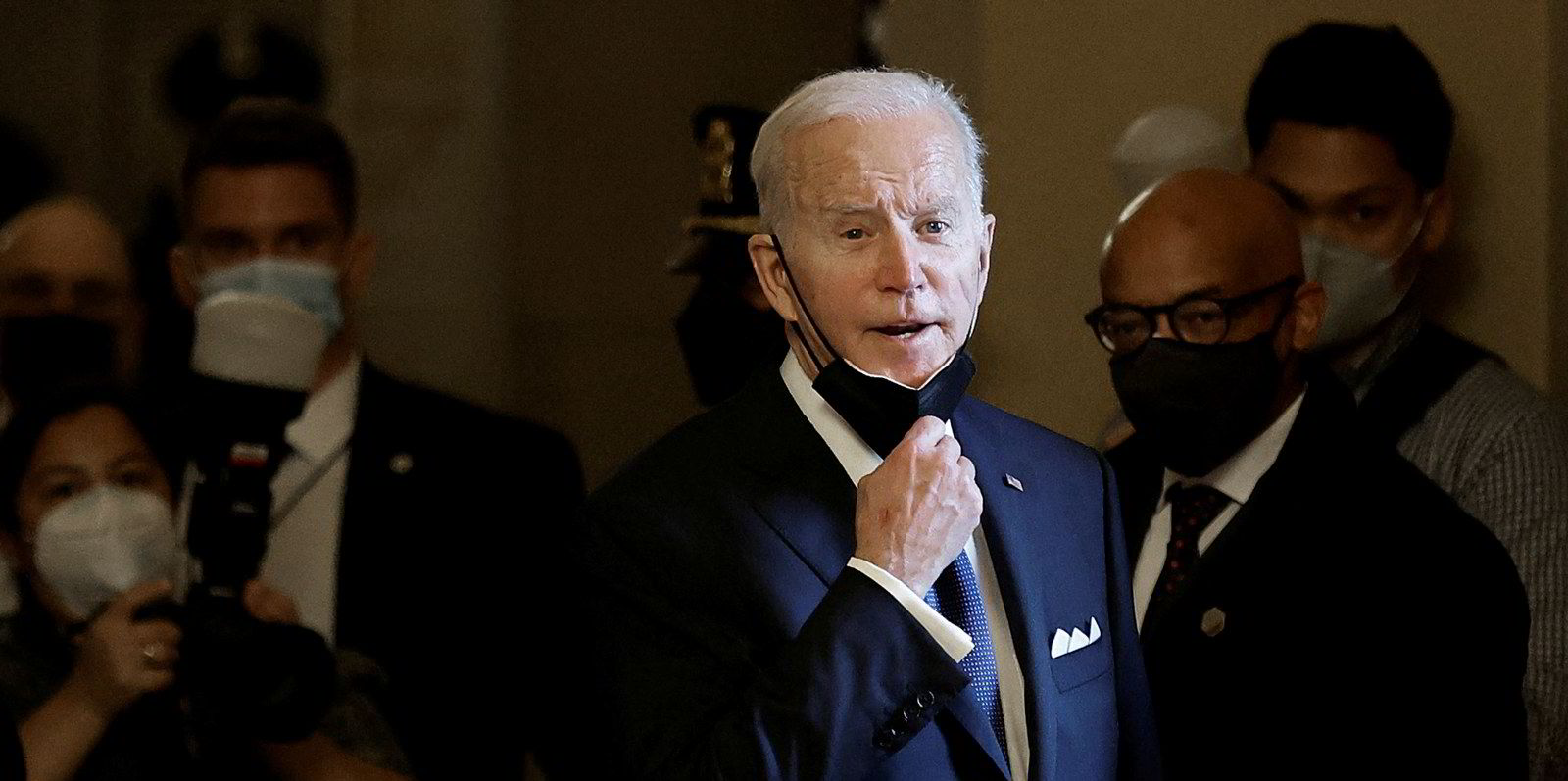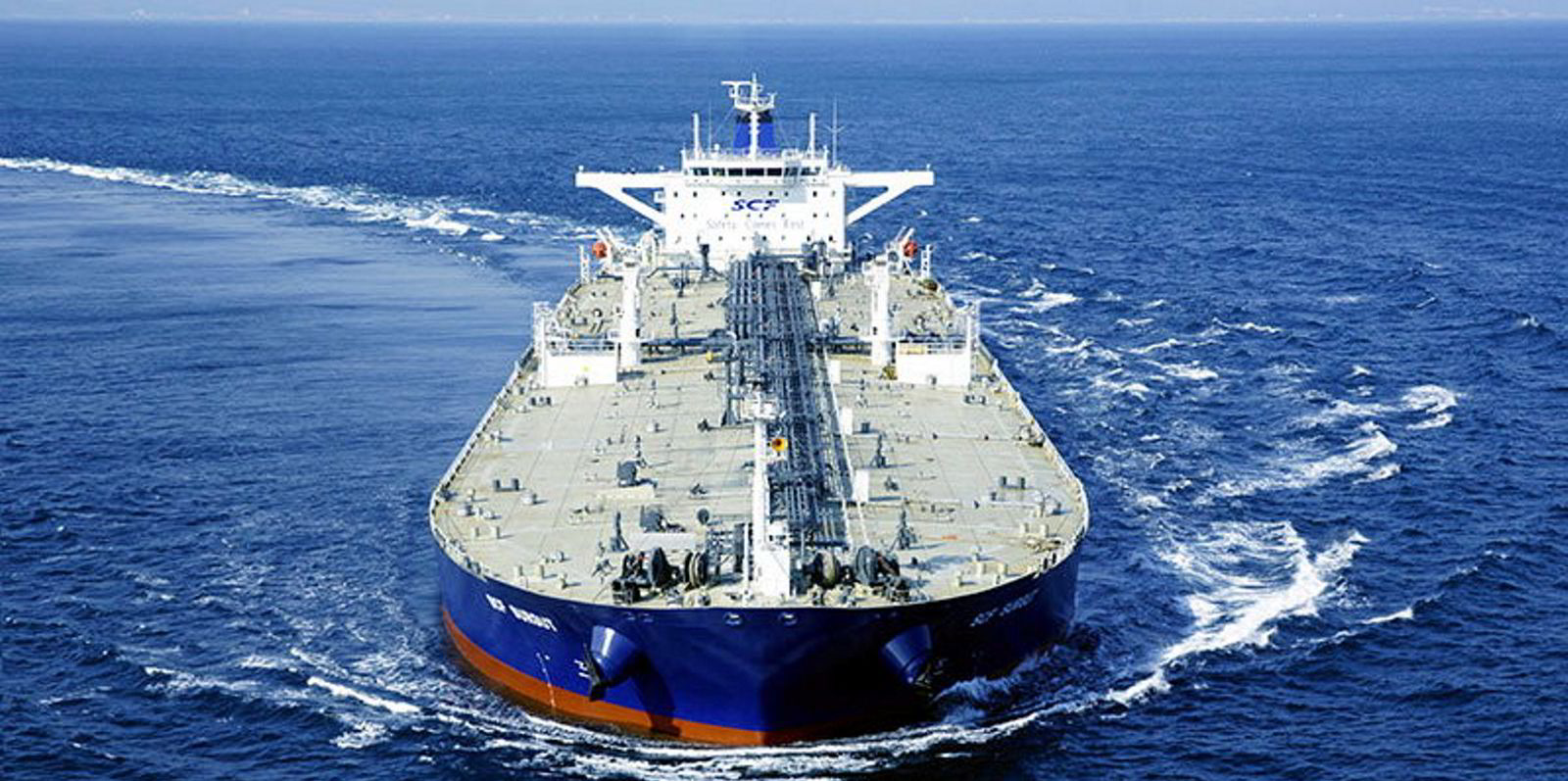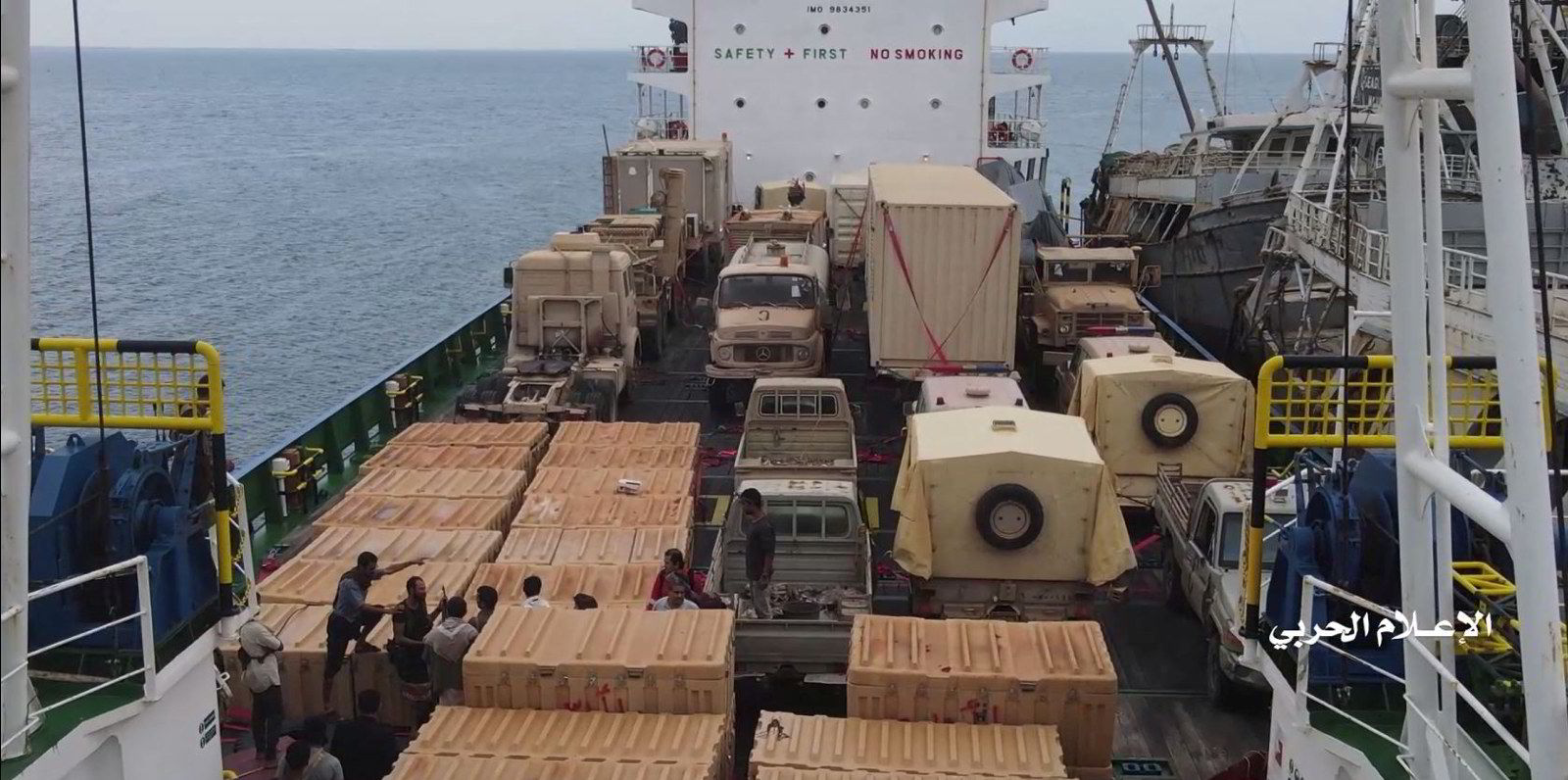The White House is pointing the finger at former President Donald Trump for the ongoing back-and-forth with Iran in negotiations over sanctions easing that could help the tanker sector.
During a Wednesday press briefing, press secretary Jen Psaki said the reason the US has to discuss swapping sanctions relief for nuclear programme limits with Iran is down to Trump's withdrawal from the initial 2015 deal.
Trump's move reimpose sanctions and created a litany of knock-on effects for shipping.
"None of the things we're looking at now — Iran's increased capability and capacity [to enrich uranium], their aggressive actions that they've taken through proxy wars around the world — would be happening if the former president had not recklessly pulled out of the nuclear deal with no thought as to what would happen next," Psaki said.
She said Trump's decision took Iran's nuclear programme, which was to be monitored in the original deal, "out of the box".
The messaging is reportedly part of an effort by the administration of US President Joe Biden to prepare for an incoming decision on whether or not the 2015 agreement can be revived.
Talks between the US and Iran, mediated by the UK, Germany, France, China and Russia have been going on intermittently in Vienna since last spring and resumed on Monday.
The talks are said to be headed in the right direction, with officials from several countries hailing progress last week.
The US reportedly wants something in place in the coming weeks, though Iran has rejected the notion that there is a deadline on discussions. It is said to expect a permanent deal including sanctions removal if an agreement is to be reached.
If that comes to pass, Iran would be able to export "substantially more" than the 600,000 barrels per day of oil it is currently moving, according to estimates from Fearnleys Securities, which pegs the country's overall production at 2.5m barrels per day.

Many expect that to be a positive catalyst for tankers, which have spent the last year languishing thanks to the Covid-19 pandemic.
Tighter sanctions have also forced shipping to do more due diligence on counterparties as Iran has resorted to a host of strategies to avoid detection, including painting ships at sea to give them new identities and using networks of shell companies to buy older ships.
Some in the market have blamed the sanctions for a lack of scrapping, as the measures create a market for ageing tonnage to continue trading.
An increase in scrapping larger tankers would be another positive for the sector.
Psaki's comments also blame Iran for various attacks that have targeted commercial shipping.
Houthi rebels contesting Yemen's civil war have launched multiple attacks on shipping, most recently hijacking a landing craft with 11 crew members on board.
Iran and Israel also spent a portion of 2021 launching tit-for-tat attacks on each others' ships, including one incident that resulted in the death of a UK security guard.






